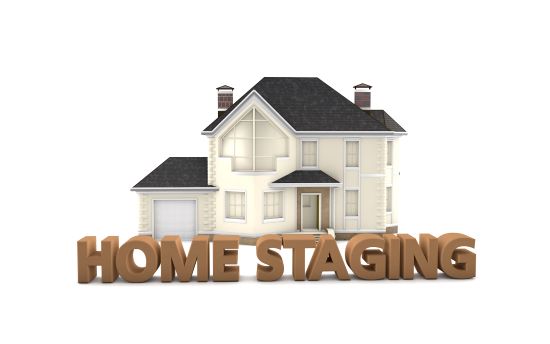You’ve probably been browsing listings for weeks, setting up listing alerts on different real estate platforms, and working with your real estate agent to schedule tours and attend open houses and private tours. And all that has paid off! You’ve finally found your dream home! But how do you proceed from there? How do you make an offer on a house? Keep reading to find out all about it!
Key Takeaways:
- Strategize: Before approaching the seller, you’ll need to decide how much to offer, the contingencies to include, and the amount of earnest money to put down.
- Make the Offer: You and your real estate agent will create an offer and include an offer letter to send to the seller and their agent.
- Negotiate: Once the seller receives your offer, they can accept it, reject it, or request changes. If they make a counteroffer, your real estate agent can act as a liaison during negotiations.
5 Ways to Make an Offer on a House in Fontana
Let’s breakdown the process of making an offer on a house in Fontana:
Decide How Much to Offer
The first step to making an offer on a house in Fontana is to decide how much money you’re willing to pay for it. While it’s crucial to stay within your budget, you shouldn’t just throw out a random number. You should find that sweet spot between getting the best price possible and not insulting the home seller by making a lowball offer. Here are a few aspects to consider before choosing your final price:
- Comparable Homes (Comps) in Fontana: Spend some time with your real estate agent researching comparable homes in the area that are currently for sale as well as those that have sold recently. Is the house’s asking price higher than other homes on the market with similar features and amenities? That’s a chance where you may want to consider offering less money (just ensure it’s within the range of comps’ prices).
- Amount of Time the House has been on the Market: It’s likely that the seller will be more motivated to sell if the house has been on the market for more than 3 months. Based on the current housing market, you might want to consider offering a lower price if the house has been on sale for a while.
- Necessary Repairs and Renovations: Does the house require lots of repairs? Keep the cost of these repairs and renovations in mind when considering your overall budget.
- Competition for the House: You should consider the amount of competition for the house before deciding how much to offer. Bidding wars may seem intimidating, but you’ll have the best shot at winning them if you and your real estate agent discuss how much other homebuyers are offering for the house. And if the seller has accepted another offer, consider creating a backup offer.
- Your Budget: You may have been approved for a large mortgage amount, but don’t allow that to dictate how much to offer. Ensure you can live comfortably with your mortgage payments. Also, don’t offer your entire approval amount (even if you feel you can comfortably afford it) since doing so leaves no room for negotiations or potential repairs or upgrades.
Real estate agents are particularly helpful in assessing the current housing market and its costs. They’ll complete a comparative market analysis, which considers the most recent sales in your area to help you assess how the property you’re interested in compares to what others sold for.
The Earnest Money Deposit
Cash is King! And even if you aren’t a cash buyer, you’ll need to submit a good faith deposit, usually referred to as earnest money. The deposit varies from market to market but is typically 1-2% of the total home price. The money is generally held in an escrow account and later applied to your down payment or closing costs. Note that the more money you offer, the better your offer looks in the eyes of the seller.
Consider the Contingencies to Include
Contingencies are conditions or clauses you put in your offer to protect yourself. They allow you to back out of the deal without losing your earnest money or facing legal liabilities. The most common contingencies include home inspection, appraisal, financing, home sale, and title contingencies. Since contingencies mean more risk for the home seller, waiving a few of them can make your offer more attractive. However, ensure you talk to your agent before doing this as waiving some contingencies, for instance, home inspection contingency, could have serious repercussions.
An Offer Letter
Your offer should be in the form of a purchase and sale agreement. Your real estate agent can draft it for you and you’ll sign before it’s submitted. If your offer differs considerably from the asking price, consider including a letter summarizing the market conditions or the CMA that led to your offer.
Negotiations
The purchase and sale agreement becomes legally binding only when the seller accepts the offer. If they decline the offer, negotiations end, and you start house-hunting again. But if they counter by offering terms, you can either accept some of all their counteroffer terms or counter back. It’s common for negotiations to go a few rounds, with you and the seller providing counteroffers back and forth (of course, with the assistance of your agents). Moreover, price isn’t the only thing you can negotiate- contingencies, repairs, fixtures, and closing timeline can be negotiated too!
Need Help Creating a Winning Offer?
Making an offer on a house in Fontana may seem like a daunting task. There are finances and paperwork to get in order, contingencies and earnest money to include, and negotiations to keep track of. But don’t fret! Our real estate experts are here to help! Call us, and we’ll help you find your dream home, create a winning offer, and negotiate on your behalf to ensure you get the most out of the deal!




